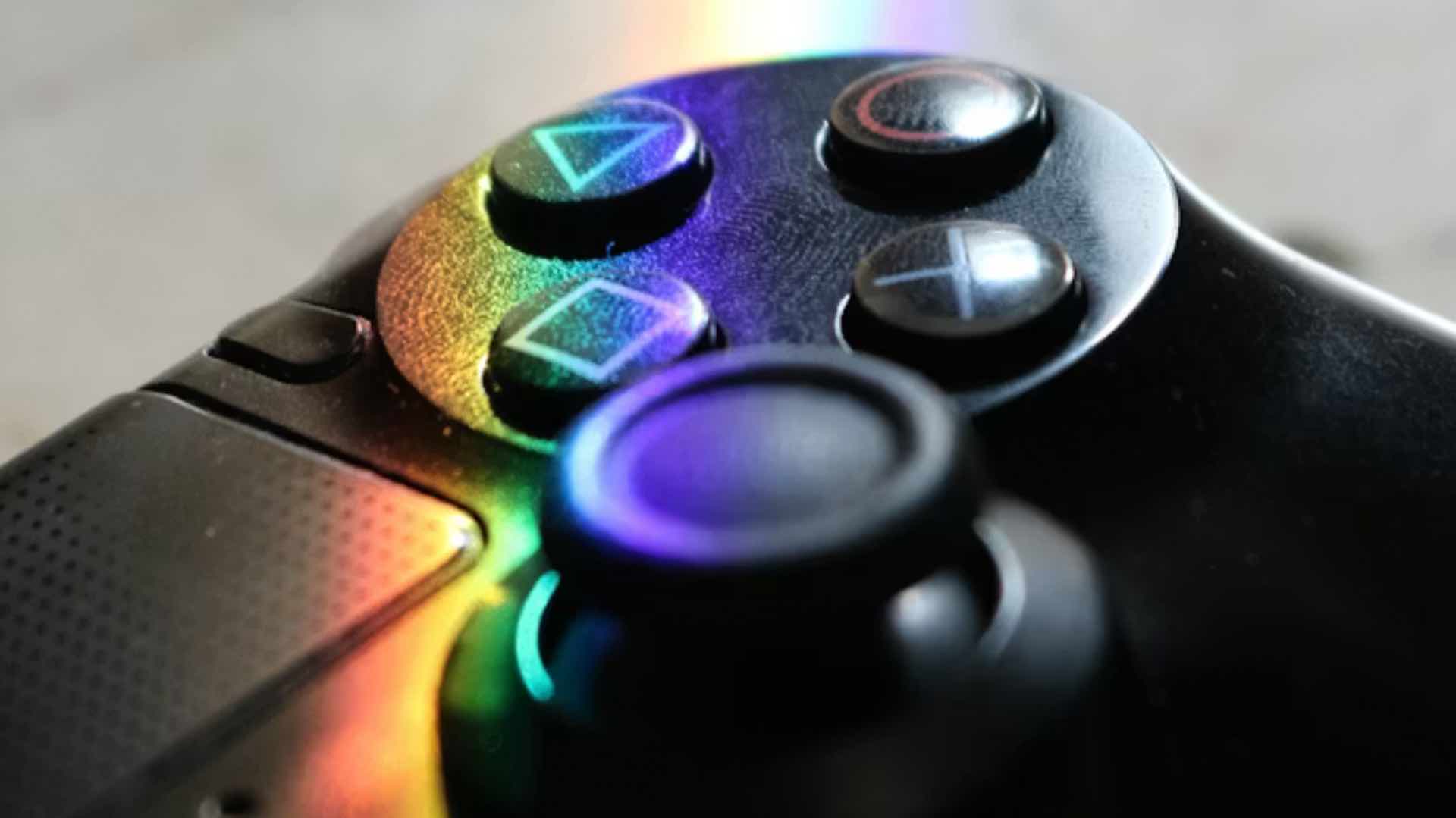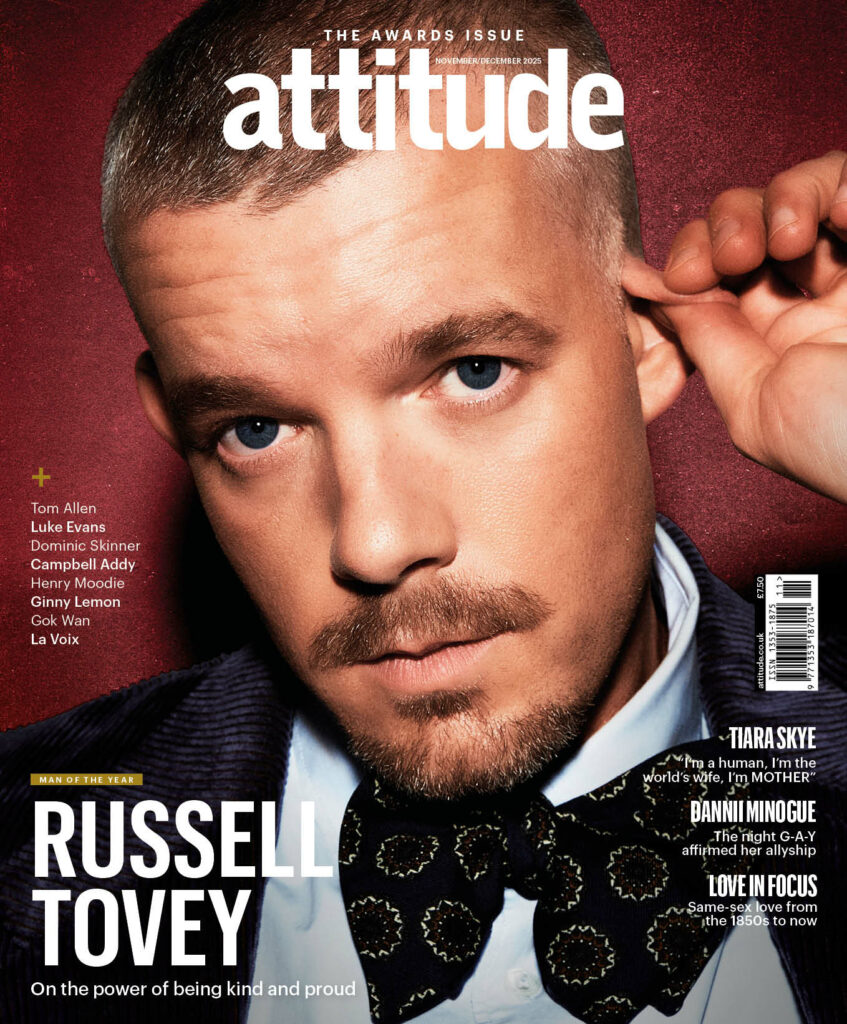Digital platforms: where community, identity and creativity converge
"These platforms offer something incredibly rare: freedom"

We don’t gather around the village square anymore. Instead, we log on. Whether it’s for a late-night gaming session, a chat on Discord, a Twitch stream, or a museum tour on Instagram, digital platforms have become the places where culture happens. Not just where it’s displayed or archived, but where it’s lived.
We used to think of “culture” as something you experienced in a theatre, a gallery, or maybe a concert hall. But now, culture is just as likely to show up in a group chat, a fan-made video game mod, or a meme that travels across five countries in five minutes.
Why gaming platforms feel like cities
Spend five minutes in Minecraft or Roblox and you’ll see it: people creating, sharing, talking, building entire worlds from imagination. These aren’t just games, they’re living spaces, layered with personal stories, inside jokes, cultural references, and social dynamics that are very real to the people inside them.
It’s the same reason people come back to familiar digital haunts over and over again, for the chat, the rhythm, the atmosphere. Whether it’s hanging out on Twitch, diving into Discord, or even popping in for a few rounds at a Swiss casino jackpot, these spaces aren’t just digital, they’re social. People show up for the games, sure, but stay for the routine, the comfort, and the feeling of being somewhere they understand.
Where queerness finds a home
For a lot of queer people, especially in places where being LGBTQ+ is still taboo or even criminalised, these platforms offer something incredibly rare: freedom. Inside a game, you can be who you are without fear. You can fall in love, wear what you want, build your dream home, or blow up the rules entirely and start fresh.
Some developers have picked up on this. Characters like Ellie from The Last of Us or Tracer from Overwatch aren’t just avatars, they’re representations. Not perfect ones, not enough of them, but still important. They make space. They tell players: You exist here too.
And outside the games, on Twitch or Reddit or random group chats, whole communities have formed. People swap stories, fan art, frustrations, victories. They build worlds together, real and imagined. In a way, these aren’t just online platforms, they’re queer archives, written in pixels and usernames.
The internet is weird, but it’s working
Sure, the internet can be a mess. It’s loud, it moves too fast, and sometimes it’s deeply toxic. But despite all that, something real is happening here. People are making things. Sharing things. Calling each other out. Lifting each other up. Laughing. Crying. Logging off, then logging back in again tomorrow.
Museums are paying attention. So are schools. So are artists. Because culture isn’t just happening in official spaces anymore. It’s showing up in unexpected corners: inside a Twitch stream about 18th-century firearms, a VR walkthrough of Pompeii, or a chaotic group chat about Pokémon fan fiction.
No gates, no guards, just connection
What’s powerful about all of this is that you don’t need a ticket or an invitation. If you’ve got a phone or a laptop, you can walk straight into a digital space and find your people. Learn something new. Share your story. Or just sit quietly and watch.
Digital platforms aren’t perfect. But they’re messy, alive, and fundamentally human, and that’s exactly what culture has always been about.
Subscribe to Attitude print, download the Attitude app, and follow us on Apple News+. Plus: find us on Instagram, Facebook, TikTok, X and YouTube.

